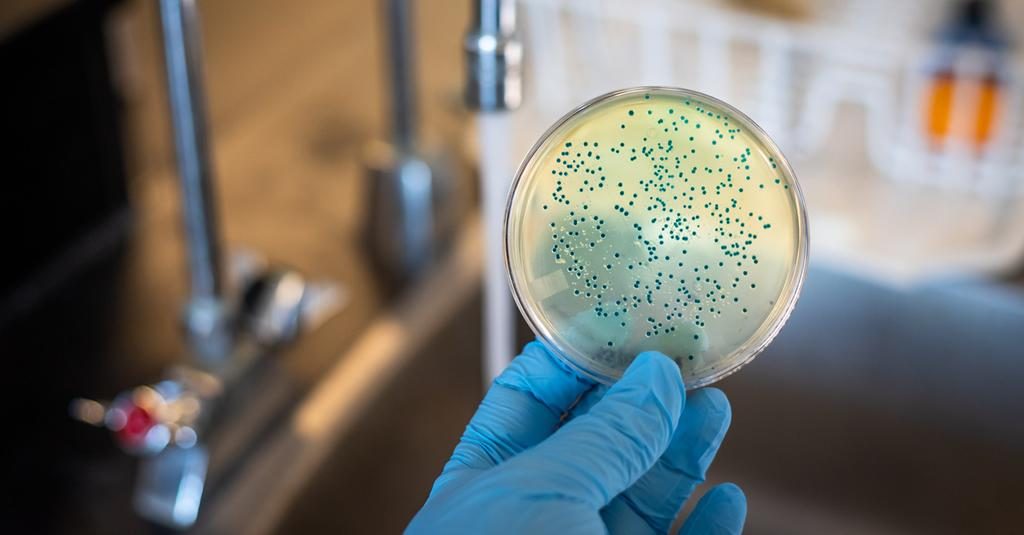The CRM Qualitative Reference Cultures, derived from the European NCTC culture collection, obtains user recognition due to good recovery and growth of microorganisms
In the routine of the analysis laboratories, the reference strains are fundamental for the quality control of the inputs used in the clinical and veterinary diagnostic exams, in the microbiological analysis of food, water, pharmaceutical products and the environment. They are also of great importance for carrying out studies to validate analytical methods and determine measurement uncertainty.
In its continuous search to provide the best solutions in laboratory quality control, Controllab has partnered with UKHSA – UK Health Security Agency. This initiative made it possible for Brazil and other Latin American countries to have immediate access to the oldest bacterial collection in the world – NCTC (National Collection of Type Cultures) – founded in 1920.
Initially, the production of control strains was made possible and then the materials obtained the seal of ABNT NBR ISO 17034. Today, there are more than 60 strains recognized as Certified Reference Material (CRM), available for prompt delivery or scheduled monthly in the quantity defined by the laboratory. These strains help the processes to comply with the requirements of NBR ISO/IEC 17025 regarding the quality control of the results.
The lack of knowledge of other collections of cultures equivalent to the American, initially, caused hesitation in laboratories to adopt strains from other origins. But, there are currently 802 collections of cultures in 78 countries and regions* registered in the WDCM (World Data Center for Microorganisms), an international database that groups strain into a unique system of identifiers, facilitating the crossing of information about recommended reference strains for use in quality assurance. In it, it is possible to verify that the same strain has a different designation in each culture collection. For example, the strain Escherichia coli NCTC 11954 is also designated ATCC 35218, CIP 102181, DSM 5923, CCUG 30600, CECT 943 depending on the culture collection.
Users who did the experimentation then included the CRM Qualitative Reference Cultures in their routine, from the NCTC. The cultures show good recovery and growth of microorganisms, contributing to the main validations: test for detection of microorganisms, antibiograma, alternative methods, new equipment, microbiological inputs (culture media), etc. They give more confidence and credibility to quality control, facilitating the process of meeting standards, laws, audits, accreditations and inspections.
The benefit of the initiative reaches, in addition to Brazil, countries such as Argentina, Bolivia, Chile, Colombia, Ecuador, Paraguay, Peru, Suriname, Uruguay and Venezuela. Access the Controllab website and learn more about the strains available at the Qualitative Reference Cultures.
* According consult the http://www.wfcc.info/ccinfo/statistics on 02/15/21.




